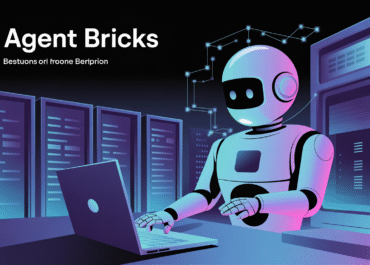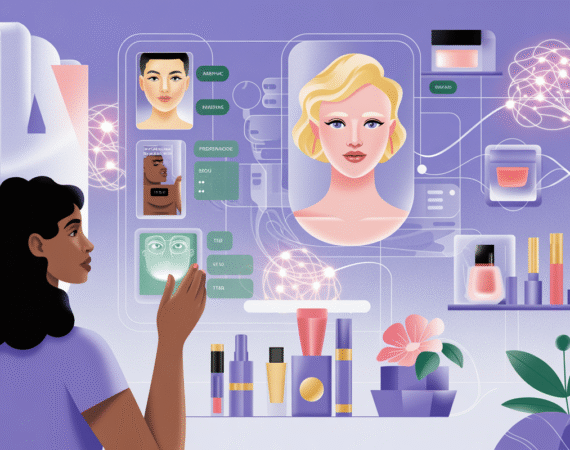Meta Wins Landmark Copyright Case: AI Training on Protected Material Deemed 'Fair Use'
In a pivotal decision that could reshape the landscape of artificial intelligence development, a U.S. federal judge ruled on June 25, 2025, that Meta’s use of copyrighted materials to train its Llama AI models constitutes ‘fair use.’ This landmark ruling marks a significant victory for Meta and the broader AI industry, providing much-needed clarity—and breathing room—in the complex intersection of AI innovation and intellectual property law.
The Core of the Dispute: AI Training and Copyright
The lawsuit centered on a fundamental question: does the ingestion of copyrighted works, such as books, by AI models for training purposes infringe upon the rights of creators? Authors and publishers have argued that using their protected content without permission or compensation for commercial AI development is a clear violation of copyright. They contend that AI models, by learning from and potentially generating content inspired by their works, directly undermine their livelihoods and creative control.
Meta, along with other AI developers, has largely maintained that this training process falls under ‘fair use’—a legal doctrine that permits limited use of copyrighted material without acquiring permission from the rights holders for purposes such as criticism, commentary, news reporting, teaching, scholarship, or research. Their argument posits that the AI models are not reproducing the original works but are rather learning patterns, language structures, and information, much like a human brain, to generate new and transformative content.
A ‘Fair Use’ Precedent for the AI Era
The federal judge’s ruling in favor of Meta affirms the company’s interpretation, declaring that the act of training AI models with copyrighted books is indeed ‘fair use.’ This decision provides a critical legal precedent that could embolden AI companies to continue their development efforts without the immediate threat of widespread copyright infringement lawsuits regarding their training data. For Meta, specifically, it validates their approach with the Llama models and potentially shields them from substantial damages or injunctions that could have crippled their AI initiatives.
This ruling is particularly impactful because it distinguishes between the use of copyrighted material for input (training) versus output (generation of infringing content). The court seemingly focused on the *transformative* nature of the AI’s learning process, rather than a direct copy or derivative work being produced during training. This distinction is crucial for understanding the future trajectory of AI law.
Implications for Creators and the Future of IP Law
While a resounding win for tech companies, the ruling undoubtedly raises concerns among creators and intellectual property rights holders. Many will see this as a blow to their ability to control how their work is used in the burgeoning AI economy. It underscores the urgent need for a robust legal framework that balances innovation with the protection of creative rights.
The debate is far from over. This decision is one step in a much larger, global conversation about AI governance, data rights, and compensation for creators. It’s likely that appeals will follow, and other jurisdictions may interpret ‘fair use’ or similar doctrines differently. Nevertheless, Meta’s victory sets a significant benchmark, indicating a potential leaning of the U.S. legal system towards fostering AI innovation, at least in the context of data ingestion for training.
As AI technology continues to advance at an unprecedented pace, the legal system will undoubtedly face more complex challenges. This ‘fair use’ ruling offers a glimpse into how courts might navigate these intricate issues, shaping not just the future of AI but also the fundamental principles of intellectual property in the digital age.


